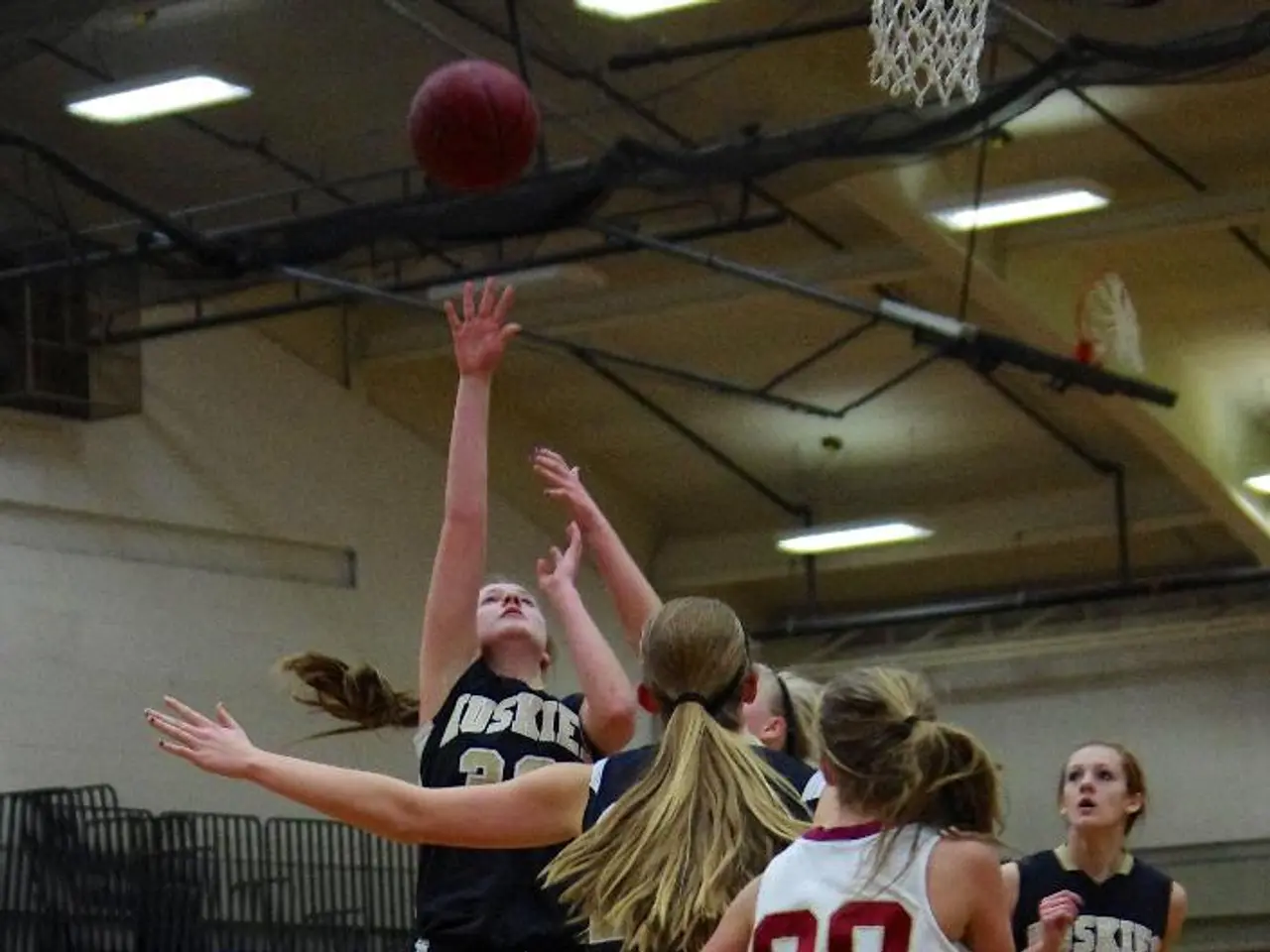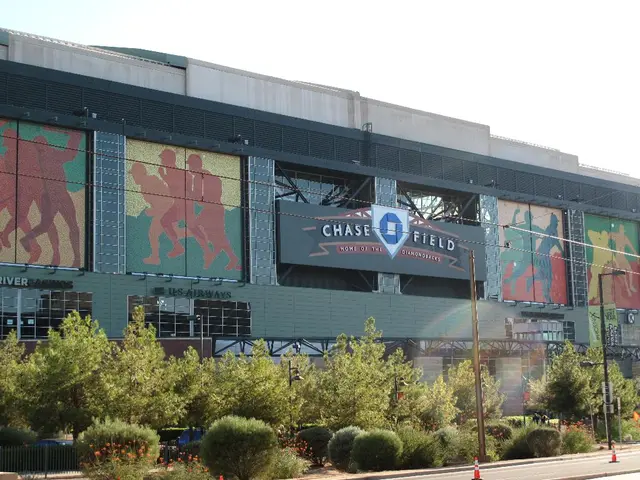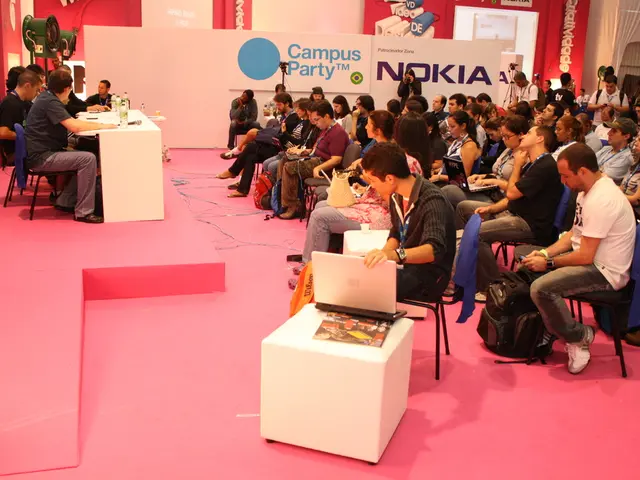Women's elite sports are encountering escalating challenges and difficulties
The Women's National Basketball Association (WNBA) and National Women's Soccer League (NWSL) are facing a critical juncture, with the possibility of a work stoppage looming on the horizon. Both leagues are grappling with the economics of the past, present, and future, as they attempt to reconcile their financial standings and secure a promising future for women's sports.
In the realm of basketball, WNBPA executive director Terri Carmichael Jackson has highlighted the current moment as a pivotal one for the league and its players, as their enterprise continues to grow. Meanwhile, Michele Kang, owner of the Washington Spirit and OL Lyonnes, has defended her multi-team ownership model, asserting that it's necessary until decent commercial resources become available in women's football.
Kang, who has also owned the London City Lionesses, recently signed talent from the NWSL, underscoring the increasing interconnectedness between the two leagues. Kang proposed a model for the WNBA that is not unfamiliar in professional sports, but is still foreign to women's sports.
The NBA's owners, on the other hand, are not permitted to own any other professional basketball teams besides G-League affiliates. In contrast, the Major League Soccer (MLS), a more established men's league, does not have strict rules about selling top players to Europe, viewing such transfers as proof of successful scouting and development of elite talent.
This dynamic is particularly relevant in the context of the NWSL, where San Diego Wave owner, Lauren Leichtman, has expressed concerns about competition from Europe. Leichtman bought the Wave last year in a $113 million deal, which was at the time the highest price ever paid for control of a women's soccer team. Leichtman, along with a new group of NWSL owners, boast deep resources that could propel the league forward.
Leichtman has mentioned Chelsea FC, FC Barcelona, PSG, Arsenal, and Bayern Munich as European teams that could potentially compete with the NWSL. This sentiment is echoed by the Women's Super League (WSL) in the U.K., where some of England's richest soccer teams have been investing in their women's sides.
The WNBA's current labor accord is set to expire on Oct. 31, and the league and union remain far apart on several basic issues. Despite this, there's been a significant increase in team revenue in the WNBA, with a 70% year-over-year growth. Similarly, the NWSL's business has undergone a rapid transformation over the past few years, with franchise values soaring and new owners rushing in.
Notable developments include the top pick in the NWSL's 2023 draft, Alyssa Thompson, recently joining Chelsea from Angel City. Additionally, Washington Spirit coach Jonatan Giráldez abruptly left the team to take the same role with French powerhouse OL Lyonnes.
Carolyn Tisch Blodgett, Gotham FC owner, expressed excitement for the future of women's soccer, stating that there's still a lot of room to grow. As both leagues navigate their own labor upheaval, internal and external, it remains to be seen how they will shape the future of women's sports.






